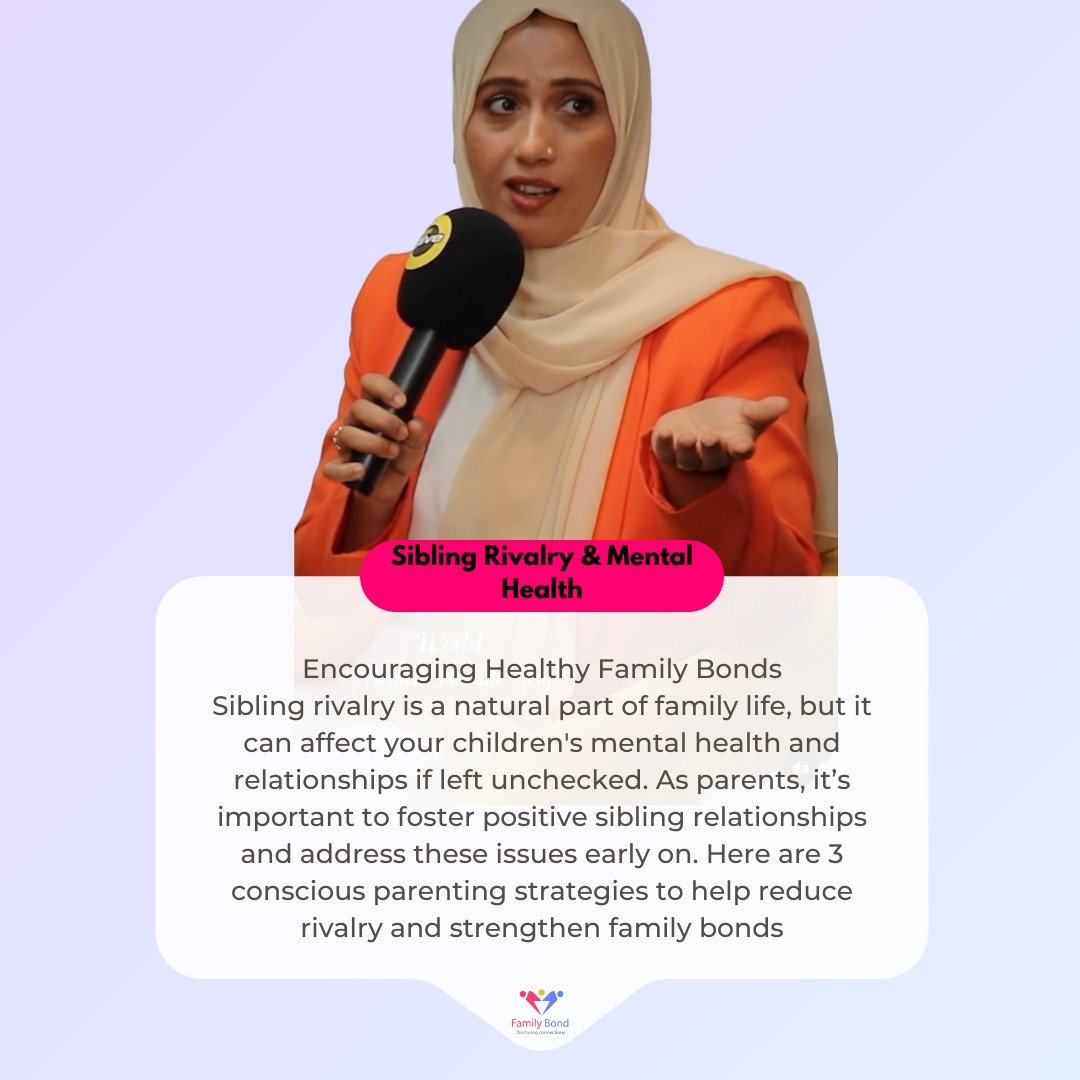
Sibling rivalry is common and can have a lasting impact on a child’s mental health and behavior. It often begins in early childhood, with one of the main causes being a desire for equal attention from parents. Children naturally crave attention, and when they feel it’s unevenly distributed, it can lead to conflict and rivalry. If left unaddressed, sibling rivalry can become ingrained, especially when parents unintentionally compare their children or show favoritism.
To prevent these issues from escalating, I’m going to share some effective parenting strategies you can use to avoid sibling rivalry and foster healthy, positive sibling relationships.
1. Replace Complaints with Gratitude
Start fostering a culture of gratitude in your family. Gratitude can help reduce conflicts among siblings by encouraging children to focus on positive actions and moments rather than complaints. One way to do this is by introducing a gratitude journaling tradition, where each family member writes down something they appreciate about their sibling daily. Gratitude will shift focus away from negativity and strengthen the overall bond among siblings.
2. Replace Gossiping and Complaining with Constructive Worry
Teach your children to express their concerns in a healthy way rather than constantly complaining about their siblings. One method is to create a “Worry Jar” or journal, where they can write down their worries. For example, instead of complaining, they can express their worries: “I’m worried my brother is playing with kids who bully others.” At the end of the week, review these worries together as a family and have a conscious parenting discussion to address them. This reduces sibling conflict while encouraging emotional learning and empathy.
3. Introduce Personal Boundaries
Introducing and respecting personal boundaries in the family is key to fostering sibling relationships. Teaching your children about boundaries empowers them and builds mutual respect. Siblings will learn to seek permission before borrowing items or making jokes at each other’s expense. This not only improves family dynamics but also instills a deep sense of respect for others’ space and feelings.
Parenting: A Journey of Learning and Evolution Parenting is not easy—it’s a lifelong journey of continuous learning. It involves healing our inner child, setting aside egos, and fostering emotional intelligence in our children. By focusing on emotional learning and cultivating practices like gratitude and healthy communication, you can help your children develop strong, positive sibling bonds that will last a lifetime.
